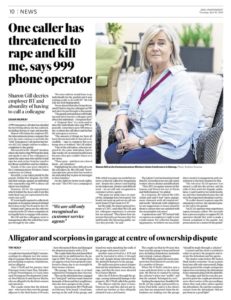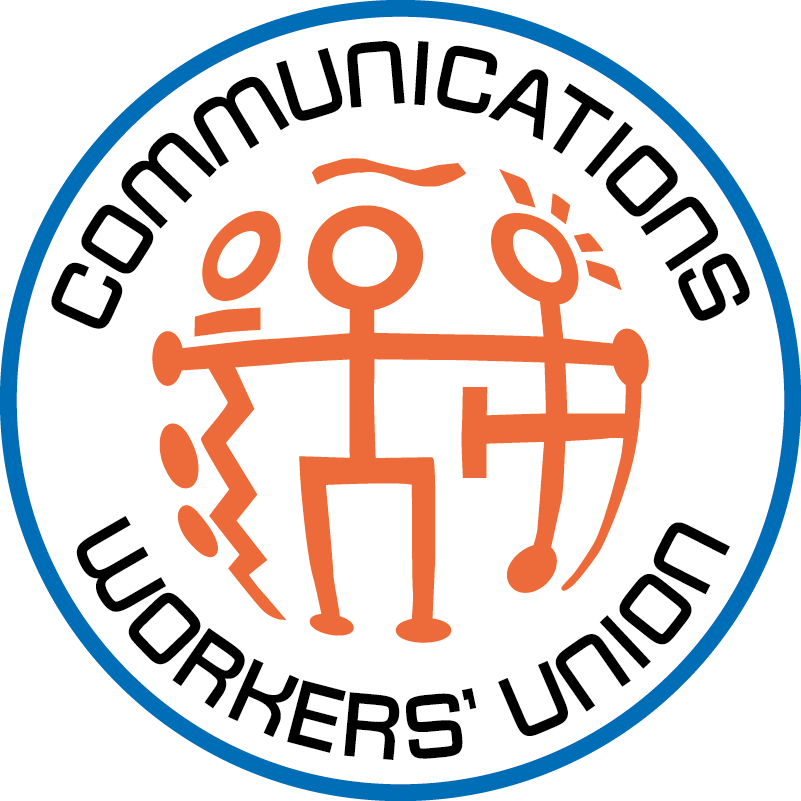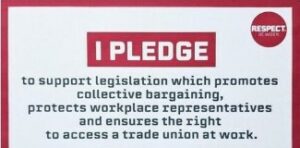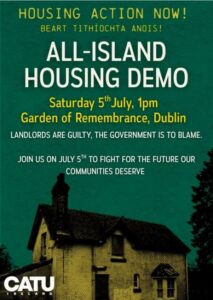By EAVAN MURRAY – Irish Independent
A 999 emergency call taker has detailed the horrifying abuse she has suffered, including threats of rape and murder.
Sharon Gill claims her employer BT, the telecommunications company that won the state contract to provide the “vital” Emergency Call Answering Service (ECAS), simply told her to make a complaint to the gardaí.
She was left in the “absurd” situation where she had to ring 999 from her desk and speak to one of her colleagues to report the same man who said he would rape her and cut her from her naval to her throat and kill her and her children.
Details of the case were relayed to the Communications Workers Union conference in Galway.
Recently, a case taken jointly by the guards, Dublin Fire Brigade, the HSE and their unions, against an individual who repeatedly rang 999 to abuse call takers was finalised.
However, ECAS, the organisation which fielded the most calls from this individual, was not represented in the court case as BT.
BT is not legally required to collectively negotiate or recognise unions in Ireland but it does in the North and in the UK.
Ireland and Cyprus are the only two countries in the EU where companies do not legally have to engage with unions.
Ms Gill and her colleagues went to management after the ordeal they were put through by the caller.
“We were told we would have to go individually (to the gardaí) and it was nothing really to do with BT,” Ms Gill told the Irish Independent.
“It was absurd that (after being threatened) I had to ring my colleague on 999 and ask to be put through to the guards.
“The guards arrived down to the building and interviewed a colleague and I about this individual – a frequent flyer.”
A “frequent flyer” is a term used to describe individuals who ring 999 repeatedly, sometimes up to 300 times a day, to abuse the call takers and further the emergency services.
“The amount of things we have all been threatened with in that job is incredible – rape is common, but so is being shot or stabbed,” Ms Gill added.
“One of the call takers, who was targeted by the same individual, had to take weeks off on mental health leave because they just couldn’t listen to it any more.
“These guys – and there are a few of them – are relentless.”
Highlighting the other difficult work the call takers do, Ms Gill said: “Several people have given their last words to me and asked me to pass on messages to their families.”
On the fight for better work rights, she said: “The CWU ran a campaign in 2016, which was quite successful but we never achieved collective bargaining and – despite the Labour Court finding we do important, distinct and difficult work – we are still only recognised as customer service agents.
“The gains we made since we started the campaign have been good. Our hourly rate went up and our on-call rate went from €25 per hour to €35.”
Ian McArdle, the deputy general Secretary of CWU, said what Ms Gill and her colleagues experience is extreme but not unusual. “They know how important their jobs are because they live and breathe the lifesaving public service they provide,” he said.
The Labour Court has found previously that (ECAS workers) are not call-centre workers; this is a distinct and difficult job.
“They (BT) recognise unions in Ballymena and Newry but not in Navan and Ballyshannon,” he added.
In a response, BT refuted Ms Gill’s claims and said it had “open engagement channels with all employees” and works “tirelessly with employees on any suggestions or issues raised by them to ensure they are satisfied with the meaningful outcomes”.
A spokesman said: “BT Ireland fully recognises an employee’s right to join a trade union. For collective-bargaining purposes, we believe our successful direct model of engagement and consultation is the best channel for this.
“The role of an ‘ECAS operator’ is to answer a call into the service, ask the caller if they want fire brigade, ambulance, Coast Guard or An Garda Síochána, and then immediately pass the call on to the requested emergency service.
“If a caller doesn’t request a specific emergency service, the operator passes the call to the gardaí.
“An ECAS operator may experience repeat/nuisance callers. We currently have a process in place to support ECAS operators should they wish to make a formal complaint to the gardaí. Any prosecutions are a matter for the gardaí.”




